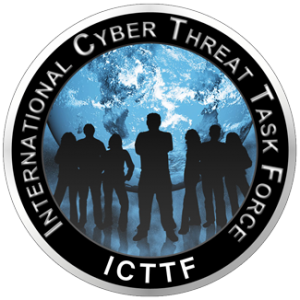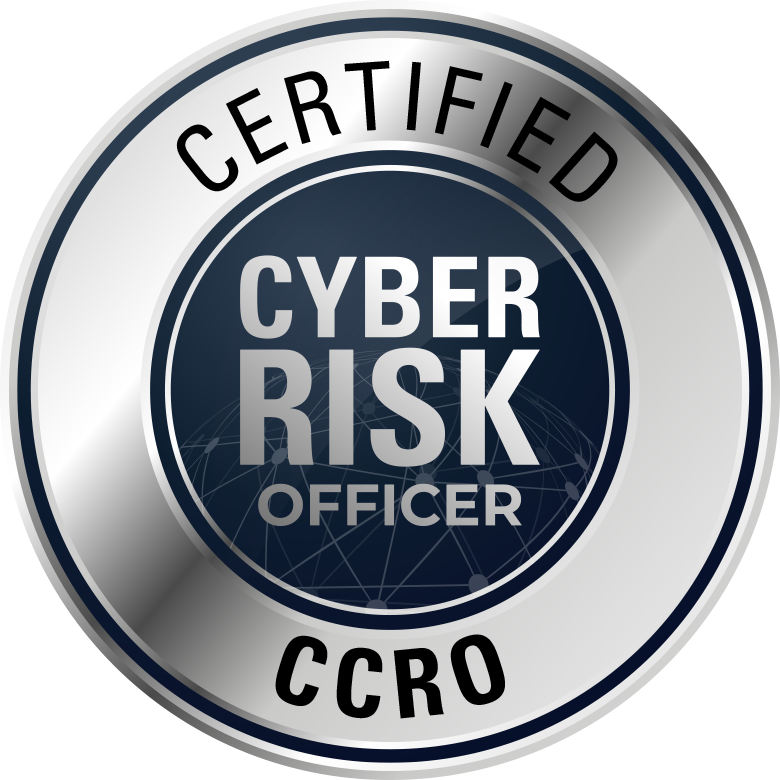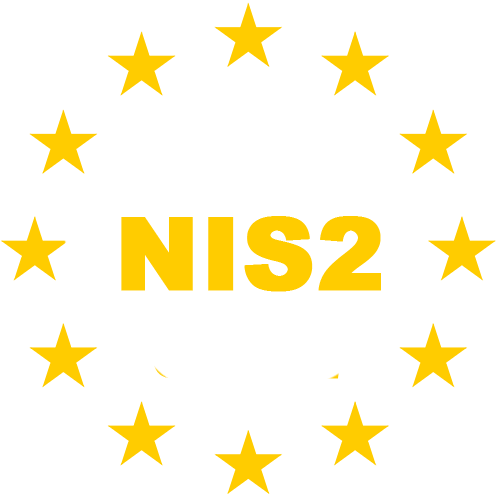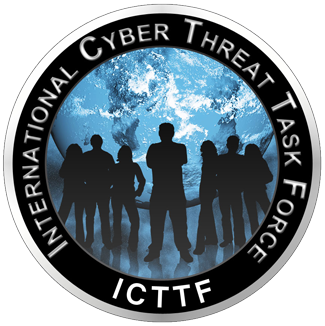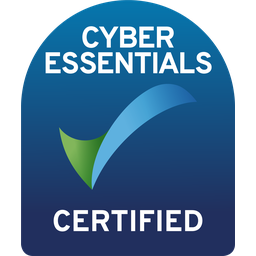ABOUT THIS COURSE
CCRO COURSE
OVERVIEW
- Comprehensive Understanding: From identifying cyber risks to implementing effective risk management frameworks.
- Strategic Management: Learn to manage and communicate cyber risk strategically within an organisation.
- Real-World Application: Engage with practical case studies and receive one-on-one feedback from experienced tutors.
- Cyber Leadership: Develop leadership skills to establish a culture of cyber resilience and protect digital assets.
- Regulatory Compliance: Navigate the complexities of international cyber laws and regulations, ensuring your organisation meets industry standards.
- Cyber Compliance: Referencing the Digital Operational Resilience Act (DORA) requirements with integrated case studies and real-world scenarios.
Our Partners
More Info
What Does The Course Cover?
“Learn how to understand, manage, and communicate cyber risk strategically within an organisation.”
This course is designed for non-technical professionals and takes students on a comprehensive journey from understanding the cyber threat landscape to developing a robust cyber strategy for their organisation. Here’s what you can expect:
Comprehensive Learning Modules:
- Each Thursday, a new module is released, featuring approximately 2 hours of HD video training, complete with captions and PDF casebook files.
- Topics range from cyber risk identification to implementing effective risk management frameworks.
Interactive Learning Experience:
- Engage with DORAGPT, our AI-powered interactive tool, to enhance your learning experience and apply theoretical concepts in real-world scenarios.
Real-World Application:
- Reference real-life case studies and pragmatic examples to understand how to manage cyber risk within an organization.
- Weekly written assignments challenge you to apply your knowledge to practical scenarios, such as crafting memos to senior leadership or requesting budgets for cybersecurity initiatives.
Personalised Support:
- Receive one-on-one feedback from your tutor every week.
- Participate in live Instructor-Led Training (ILT) sessions every Tuesday via Zoom to interact with peers and seek clarifications.
Continual Assessments:
- Weekly online exams with 50 multiple choice questions ensure you stay on track.
- Open book format with answers available in the training materials.
Practical Outcomes:
- Develop leadership skills to foster a culture of cyber resilience.
- Navigate the complexities of international cyber laws and regulations, including GDPR and DORA, to ensure your organization meets industry standards.
- Master the Digital Operational Resilience Act (DORA) through integrated case studies and practical applications.
Who Should Enrol: “If you are on a board or report to senior leaders in relation to cyber risk, this course is ideal for you.”
This course is perfect for C-Suite executives, IT heads, compliance officers, cybersecurity teams, and anyone involved in managing cyber risk within an organisation.
Explore The Modules
The Course is For?
What Support Do I Get?
Head Tutor
What Our Students Say
CCRO - Certified Cyber Risk Officer's Work Here
FAQ
How Do I Get Certified?
- Apply for Enrollment and Pay the Course Fees
To begin the certification process, follow these steps:
Enroll and Pay: Start the application process by enrolling and paying the course fees online.
Course Participation: Engage in the CCRO online course, which includes ongoing evaluation through online exams, written assignments, and Instructor-Led Training (ILT) sessions.
Achieve Certification Requirements:
-Adhere to the ICTTF Code of Ethics.
-Successfully complete the required curriculum.
-Achieve an average score of 80% or higher across all exams and assignments.
Certification: Upon meeting all the requirements, you will be certified and gain all the rights and privileges associated with the designation.
Re-Certification: Maintain your certification by re-certifying every three years.
Certification is overseen by the board of the ICTTF International Cyber Threat Task Force and accredited by the ICA International Compliance Association.
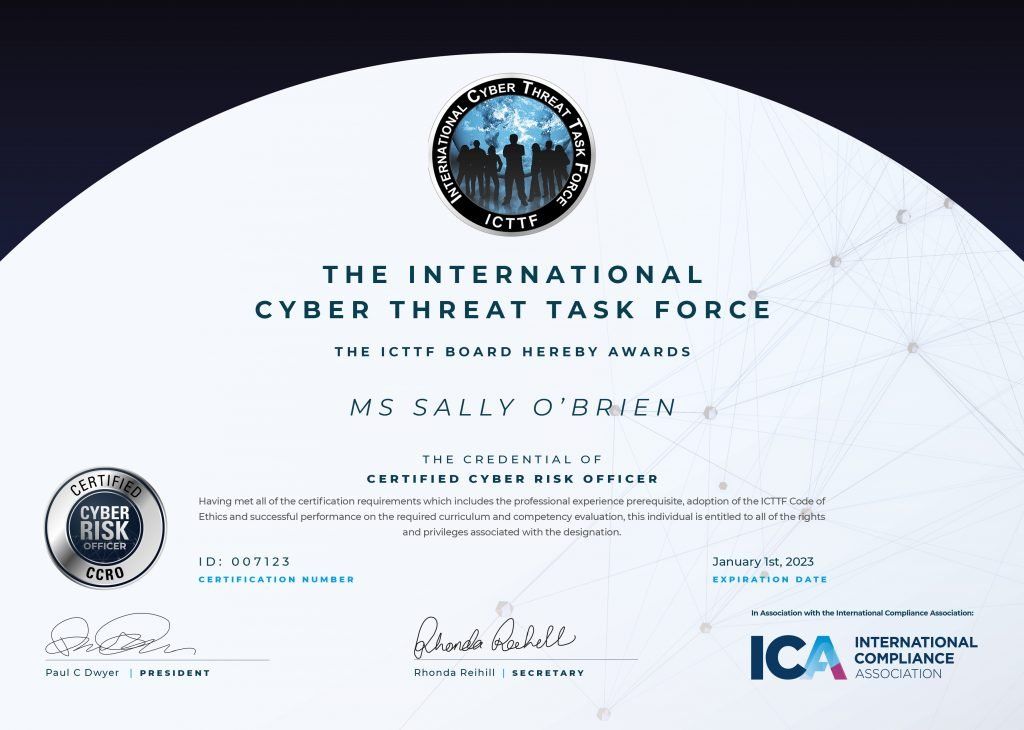
What is a Cyber Risk Officer?
Will It Help My Career?
Why the CCRO Course is Crucial for Your Career
Addressing the Skills and Talent Shortage
The cybersecurity industry is facing an unprecedented skills and talent shortage, particularly in the financial sector where compliance with the Digital Operational Resilience Act (DORA) is critical. Here’s why enrolling in the Certified Cyber Risk Officer (CCRO) course can significantly enhance your career prospects:
1. High Demand for Cybersecurity Professionals:
- Global Shortage: There is a global IT security skills shortage, with unfilled positions now surpassing 4.07 million professionals, up from 2.93 million last year.
- Regional Impact: This includes 561,000 unfilled positions in North America and a staggering 2.6 million shortfall in the Asia-Pacific region. In Europe, the shortage of skilled workers has more than doubled, from 142,000 to 291,000.
2. Critical Need in the Financial Sector:
- DORA Compliance: With the increasing complexity of financial regulations such as DORA, there is a growing need for professionals who can navigate and implement these requirements effectively.
- Risk Management: Over half (51%) of cybersecurity professionals report that their organizations are at moderate or extreme risk due to staff shortages. This risk is particularly pronounced in the financial sector where data protection and operational resilience are paramount.
3. Career Advancement Opportunities:
- High Demand for CCROs: The global security workforce needs to increase by 145% to meet hiring demands. CCRO certification positions you as a valuable asset capable of filling this critical gap.
- Versatile Roles: Certified Cyber Risk Officers are sought after for roles such as CISO, CCO, and other senior leadership positions, providing a clear path to career advancement.
4. Comprehensive Skill Development:
- Holistic Training: The CCRO course covers everything from cyber risk identification and management to strategic implementation and regulatory compliance.
- Real-World Application: Engage with practical case studies, receive personalized feedback, and participate in interactive sessions to apply your learning in real-world scenarios.
5. Enhancing Organizational Resilience:
- Leadership and Influence: As a CCRO, you will play a pivotal role in shaping and leading your organization’s cyber risk management strategy, ensuring robust protection of digital assets.
- Compliance Expertise: Mastering DORA and other key regulations positions you as an expert in ensuring your organization’s compliance and operational resilience.
By completing the CCRO course, you will not only fill a critical need in the industry but also position yourself for significant career growth and leadership opportunities. Embrace the chance to become a pivotal force in enhancing your organization’s cyber resilience and compliance capabilities.
Do I need to have a Cyber Security or Technical Background?
No. The Certified Cyber Risk Officer (CCRO) course has been specifically developed for a non-technical audience, focusing on leaders within the financial sector. Here’s why you don’t need a technical background:
Designed for Non-Technical Leaders:
- The syllabus is crafted to cater to business leaders with limited IT technical knowledge. It assumes no prior technical expertise.
Comprehensive Explanations:
- When technical concepts are referenced, they are fully explained in a clear and understandable manner. This ensures that all participants, regardless of their technical background, can grasp the material.
Focus on Business Leadership:
- The course equips business leaders with the knowledge, skills, and confidence to effectively liaise with technical subject matter experts. By demystifying technical jargon and concepts, you will be able to engage in meaningful discussions and make informed decisions about cyber risk management.
This course empowers you to understand, manage, and communicate cyber risk strategically within your organization, without requiring a prior background in cybersecurity or IT.
How Do I Re-certify?
A CCRO Certification is valid for three years from the date it is awarded. To maintain your certification, follow these steps:
Recertification Exam:
- Availability: Starting from June 2023, the recertification exam will be available online at www.icttf.org.
- Fee: There is a fee of €500 for the recertification exam or any resits required.
Re-Enrolling Option:
- If you choose to re-certify by re-enrolling in the course, you can do so and receive a €500 discount off the cost of the CCRO course.
Ensure you stay certified and continue to enjoy all the benefits and privileges associated with your CCRO designation by completing the recertification process every three years.
What is the Course Format?
Learning Structure:
1. Weekly Modules:
- Duration: 8 weeks
- New Module Release: Every Thursday
- Content: Approximately 2 hours of HD video training material, fully captioned
- Accompaniment: PDF casebook files containing transcripts and supplementary information
2. Instructor-Led Training (ILT) Sessions:
- When: Every Tuesday
- Duration: 1 hour
- Format: Live Zoom sessions with the head tutor
- Purpose: Interact with peers, ask questions, and get clarifications
3. Online Exams:
- Frequency: Weekly
- Format: 50 multiple choice questions (MCQs)
- Resources: Open book; answers available in the online training materials
4. Written Assignments:
- Frequency: Weekly
- Content: Apply knowledge to practical scenarios
- Examples: Crafting memos to the board, requesting budgets for initiatives
5. Training Materials:
- Format: On-demand videos and PDF transcripts
- Extras: "Jargon Buster" section and further reading guidance
6. Submission Deadlines:
- Exams and Assignments: Due by Wednesday each week
7. Passing Criteria:
- Average Score: 80% across all exams and assignments
This structure ensures a blend of self-paced learning, interactive sessions, and practical applications to help you master the essential skills of a Certified Cyber Risk Officer.
